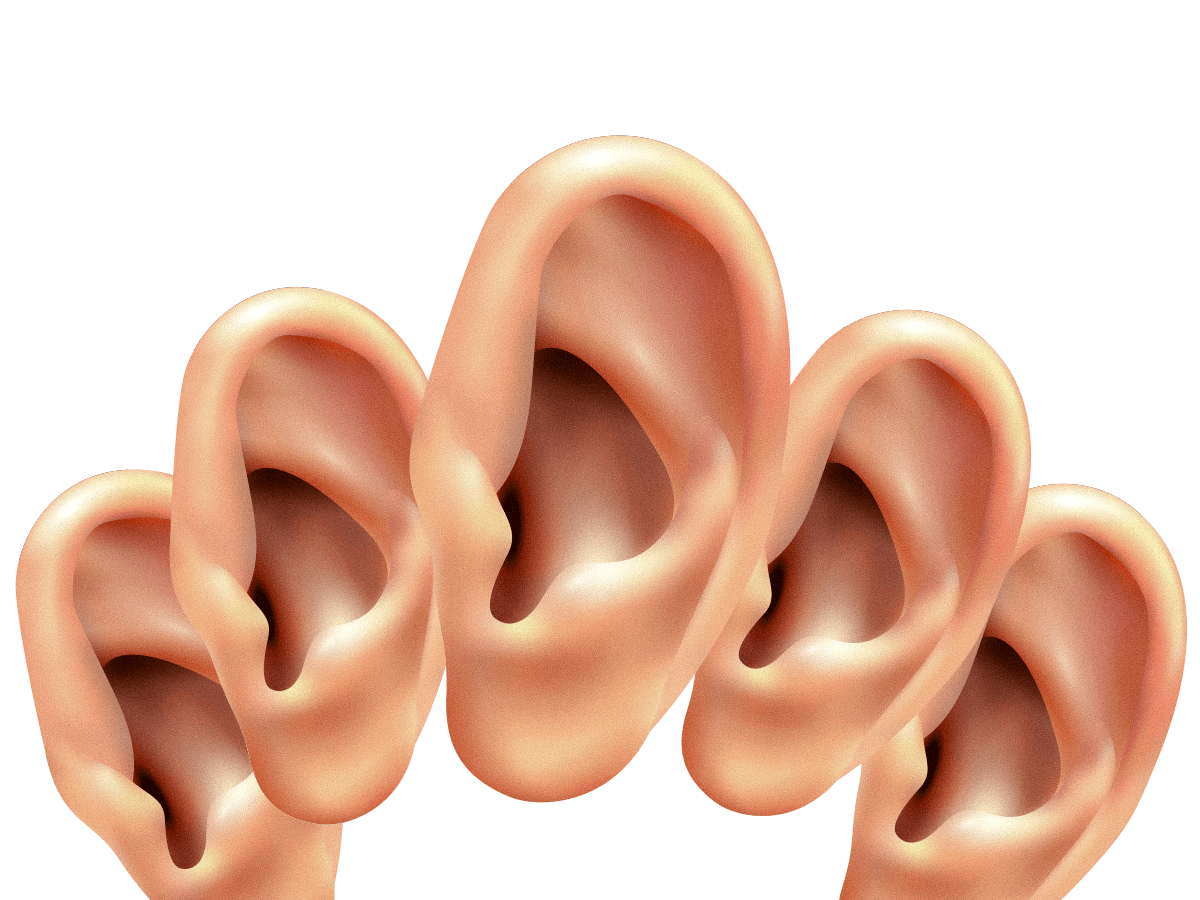Otoplastics are tailor-made earplugs. They are very effective, but only if they completely seal the ear canal. There should be no leakage. Therefore, it’s important to perform leak tests regularly. This way, you can ensure the quality of hearing protection. But how often should you perform a leak test, and how does it actually work?
Testing custom earplugs for leak tightness: why is it important?
Since April 21, 2019, it has become mandatory to perform a leak test when delivering hearing protectors to companies. This requirement arises because these hearing protectors now fall under the highest PPE category 3 (Regulation (EU) 2016/425).
The purpose of such a leak test is to guarantee the noise reduction properties of the hearing protection. Through the leak test, you determine whether the earmolds fully seal the ear canal. If they do, it means that no sound can pass through the earplugs. The earmolds will then undoubtedly keep your hearing safe.
Changes in the shape of the ear canal
Custom earplugs last on average 4 to 5 years. However, the exact duration depends on your ears. Ears change over the years. The shape of the cartilage changes, and they also grow larger.
As a result, the earplugs may no longer fit the ear canal properly after a while. This has nothing to do with the quality of the custom earplugs but is all about the fit.
That’s why it’s necessary to have your custom earplugs checked annually. Only then can you be sure that your hearing is optimally protected!
Leak testing custom earplugs: how does it work?
How do leak tests for custom earplugs actually work? We’ll explain it step by step:
- Thoroughly clean the custom earplugs before starting the leak test.
- Insert the custom earplugs.
- Connect the leak tester to the custom earplugs using a small tube.
- Use the tube and leak tester to build up pressure. This way, you can quickly check if the ear canal is completely sealed.
- Does the pressure remain stable? Then the hearing protector is sealing well.
- Is no pressure built up? Then there is ‘leakage’, meaning there is a gap between the custom earplug and the ear canal. This can allow air and sound to escape. Hearing damage can still occur in this way, even if you’re wearing the custom earplugs.
Leak testing custom earplugs made by HearingCoach
HearingCoach has its own specialized leak tester designed to test the leakage of both hard and soft custom earplugs. We provide a leak test with every hearing protector we deliver.
Our primary focus at HearingCoach is to protect our customers’ hearing. That’s why we offer annual visits to our customers as part of our Healthy Hearing Program.
With this annual check-up, you can ensure that your custom earplugs continue to function optimally. By measuring sound, screening hearing, and providing behavioral coaching, you can minimize the risk of hearing damage. This comprehensive approach ensures your hearing remains well-protected.
Perform your own leakage test
At HearingCoach, the motto is: measuring is knowing. This also applies to the custom earplugs. That’s why we consider it important to assist our customers in checking their hearing protection.
For this reason, we also offer customers the option to perform leakage tests themselves. This way, you can check the custom earplugs for leakages whenever and wherever you want. For example, if we are not immediately available to perform the test upon delivery. Regularly testing the custom earplugs is essential to keep your ears safe and it helps you ensure the best hearing protection.
